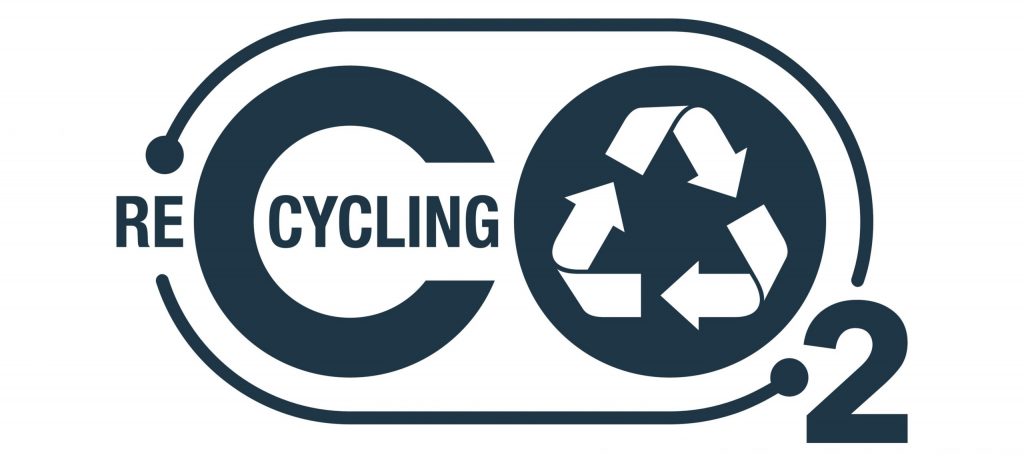By Ben Bowers a PhD student in the Department of Materials and a member of the second Transition to Zero Pollution PhD cohort and the Science and Solutions for a Changing Planet DTP
With carbon dioxide concentrations at their highest in recorded history and temperatures predicted to rise to dangerous levels, low carbon energy solutions and CO2 utilization is vital to reduce the effects of climate change.
Can CO2 become a resource for energy production? What may sound far-fetched is actually much closer to reality, and in my eyes, very necessary for societies transition to low carbon energy production. Increasing energy demands, coupled with renewable energy capacities that are not yet at the required level and a reliance on oil & gas by-products (such as plastics and fertilizers), means solutions are required to bridge the transition to low carbon energy.
How does CO2 recycling help?
CO2 recycling provides a fairly comprehensive solution to these problems in theory, yet unfortunately, catalyst limitations in stability and selectivity are currently holding the technology back. Electricity powers the reaction which combines water and CO2 into valuable products such as ethanol and ethylene.
This has three distinct advantages. Firstly, CO2 can be used as an energy store. At low demand, renewable energy can be used to convert CO2 to a fuel and at high demand, the fuel can be burnt to provide extra energy increasing the overall capacity of renewable energies. Secondly, CO2 to fuel can increase the viability of carbon capture by turning CO2 into a sought after resource. And finally, CO2 to valuable products (such as ethylene for plastics) aids our transition away from fuel by replacing oil and gas by-products.
Where does my project fit into?

My research has centred around developing catalysts to optimise the reaction between CO2 and H2O and reduce the energy required to power it. I am currently trying to improve the selectivity of the reaction through controlling active sites on the atomic scale. When designing these experiments around the theory, its easy to swap viability for performance e.g replacing earth abundant metals/elements for harsh-on-the-earth rare metals in the name of short-term success. The electrode materials need to perform well but not at the expense of scalability. Taking a step back and hearing about other processes and sectors resets the goals for success. With ease of application, financial cost and environmental cost driving the transition from lab to industry, understanding the bigger picture allows me to make better decisions on the details.